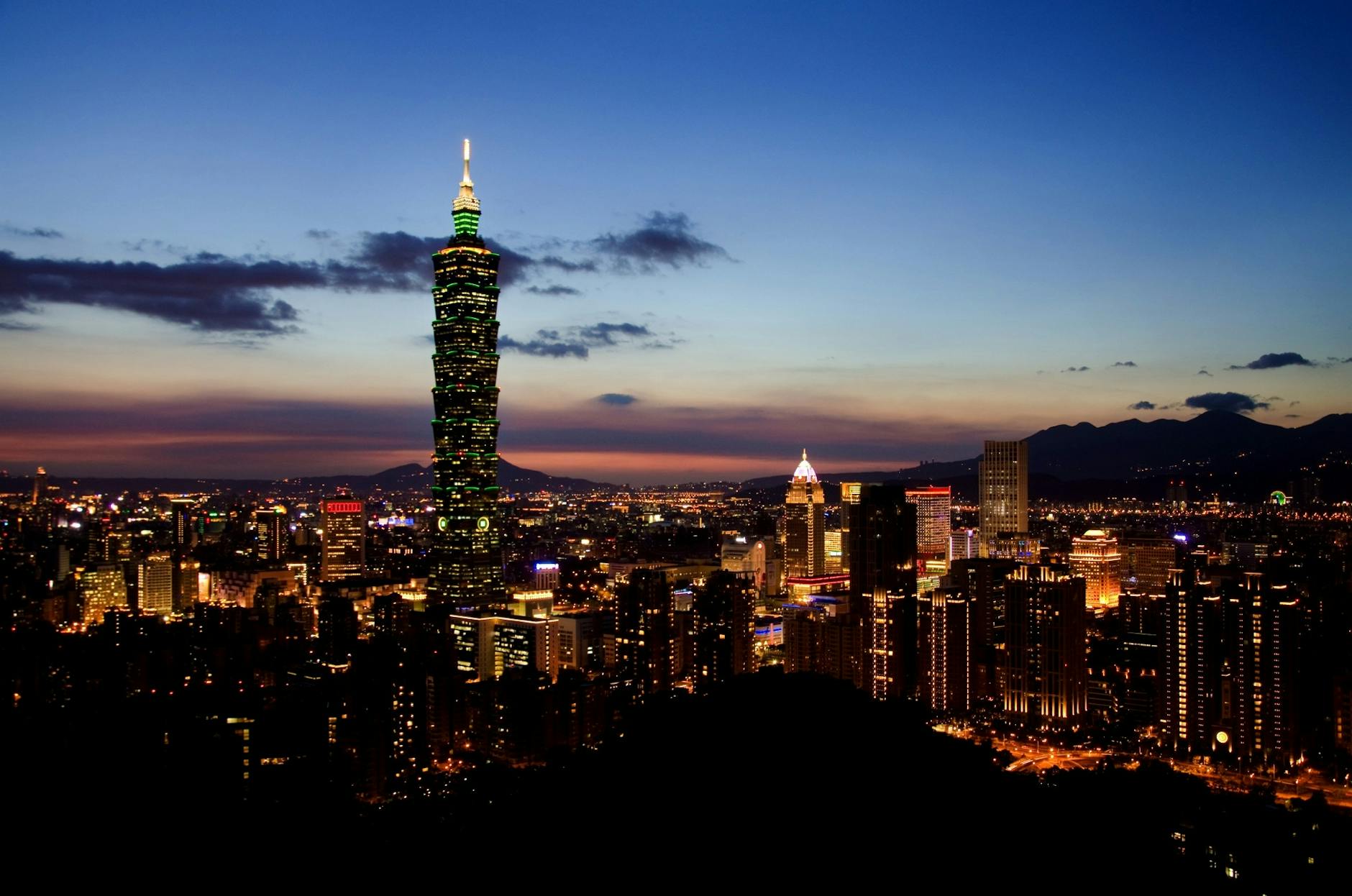你的購物車目前是空的!
The difference between Taiwan and China


Taiwan and China have distinct political, economic, and social differences, despite their historical and cultural ties. Here are the key distinctions:
1. Political System
- China (People’s Republic of China, PRC): A one-party communist state governed by the Chinese Communist Party (CCP). The government exercises strict control over political activities, media, and the internet.
- Taiwan (Republic of China, ROC): A democratic society with a multi-party political system, free elections, and a robust civil society. It has an independent government, though China claims Taiwan as a part of its territory.
2. Government & International Status
- China: Recognized as a sovereign state and a permanent member of the United Nations Security Council. It claims Taiwan as a province under the “One China Principle.”
- Taiwan: Functions as an independent government with its own constitution, military, and foreign relations, but is not officially recognized as a sovereign state by the UN and most countries due to diplomatic pressure from China.
3. Economy
- China: The world’s second-largest economy, largely driven by manufacturing, exports, and state-controlled enterprises, though it has a growing private sector.
- Taiwan: A highly developed economy known for high-tech industries, particularly semiconductors (e.g., TSMC), with a strong emphasis on innovation and entrepreneurship.
4. Freedom & Human Rights
- China: Strict government control over speech, press, and internet access, with heavy censorship and limited political freedoms.
- Taiwan: Ranked highly in global freedom indexes, with strong protections for human rights, free speech, and democratic participation.
5. Military & Defense
- China: Possesses one of the world’s largest military forces, with a focus on expanding its naval and air capabilities.
- Taiwan: Maintains a strong self-defense force with U.S. military support, though significantly smaller than China’s.
6. Cultural & Social Differences
- China: Heavily influenced by state-controlled narratives, with restrictions on religion, press, and political dissent.
- Taiwan: A more open society with diverse political views, religious freedom, and a vibrant media landscape.
7. Relations with the World
- China: Has diplomatic relations with most countries and influences global politics and trade.
- Taiwan: Has limited formal diplomatic recognition but maintains strong unofficial ties with major nations, including the U.S., Japan, and the European Union.
Conclusion
Taiwan and China share historical and cultural roots but differ vastly in governance, freedoms, economy, and international status. The Taiwan issue remains a major geopolitical tension, with China insisting on reunification while Taiwan continues to operate as a self-governing entity.

發佈留言